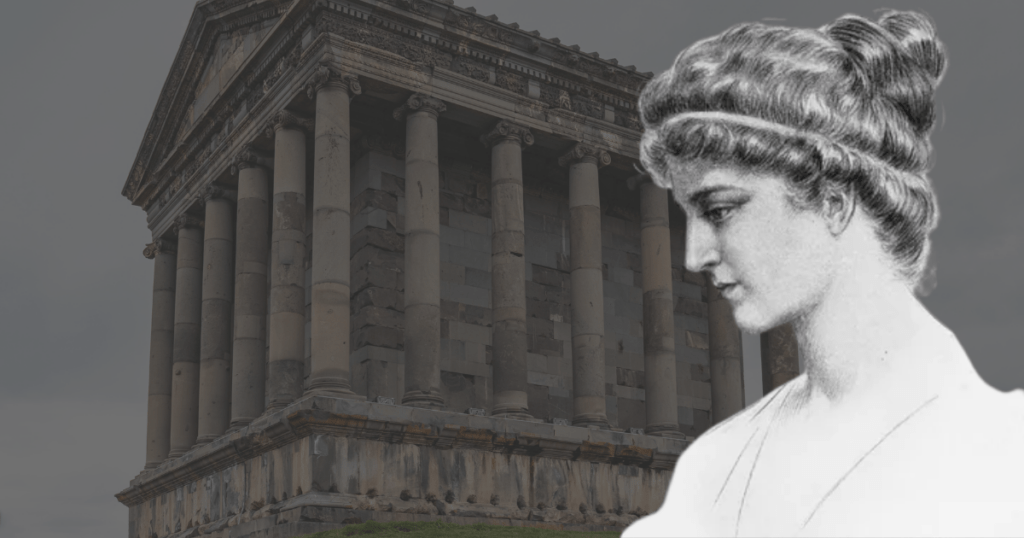Hypatia of Alexandria (c. 360–415 CE) was a mathematician, philosopher, and astronomer—one of the last great scholars of the ancient world.
As a Pagan thinker in a time when Christianity was rising to dominance, she became a symbol of intellectual freedom, scientific inquiry, and religious tolerance.
But who was Hypatia, and why did her tragic fate mark the end of an era?
The Life and Legacy of Hypatia

Born in the vibrant city of Alexandria, Hypatia was the daughter of Theon, a mathematician and philosopher. She inherited her father’s passion for learning and became the head of the famous Neoplatonist school, where she taught philosophy, astronomy, and mathematics.
Her Contributions:
- Expanded upon Ptolemy’s astronomical work, refining the geocentric model.
- Taught Platonic and Aristotelian philosophy, promoting reason and logic.
- Developed advancements in geometry and algebra, influencing later scholars.
Hypatia’s teachings attracted students from across the Roman Empire, making her a central intellectual figure of her time.
Her influence was akin to other great Pagan leaders in history—Who Were the Most Influential Pagan Leaders in History? explores more figures like her who shaped ancient thought.
Hypatia’s Paganism and the Rise of Christianity
During Hypatia’s lifetime, Christianity was becoming the dominant force in Alexandria. Pagan temples were being destroyed, and tensions between Pagans and Christians escalated.
Why She Was Targeted:
- As a Neoplatonist philosopher, she upheld Pagan traditions and Greek rationalism.
- She advised Orestes, the Roman governor, who opposed the growing power of the Christian bishop, Cyril.
- She represented intellectual independence, which some viewed as a threat to Christian authority.
Hypatia’s role as a philosopher and scientist made her a powerful figure, but it also put her at odds with religious extremists who sought to suppress Pagan teachings.
The Tragic Death of Hypatia
In 415 CE, Hypatia was brutally murdered by a Christian mob, reportedly incited by Bishop Cyril’s followers. She was dragged from her chariot, taken to a church, and killed in one of the most infamous acts of religious violence in history.
Impact of Her Death:
- Marked the decline of Pagan scholarship in Alexandria.
- Symbolized the suppression of classical knowledge by religious zealots.
- Became a martyr for philosophy, science, and free thought.
The tragic end of Hypatia reflects a wider struggle between Paganism and Christianity during late antiquity.
Hypatia’s Enduring Influence
Despite her tragic fate, Hypatia’s legacy endured. She remains an icon of intellectual courage and a symbol of resistance against ignorance and intolerance.
Modern Recognition:
- Her story has been retold in books, films, and scholarly works.
- She is celebrated as a feminist icon and a pioneer for women in science.
- Her life inspires rationalist and secular movements that value free inquiry.
Today, scholars recognize Hypatia as one of history’s greatest minds. Her contributions to science and philosophy continue to be studied, ensuring her place in intellectual history.
For more on her impact and historical context, visit The Stanford Encyclopedia of Philosophy’s entry on Hypatia.
Conclusion
Hypatia’s life was a testament to the power of knowledge, reason, and free thought. As the last great Pagan philosopher of Alexandria, she stood for intellectual freedom in an era of change, leaving behind a legacy that continues to inspire scholars, feminists, and seekers of wisdom.



